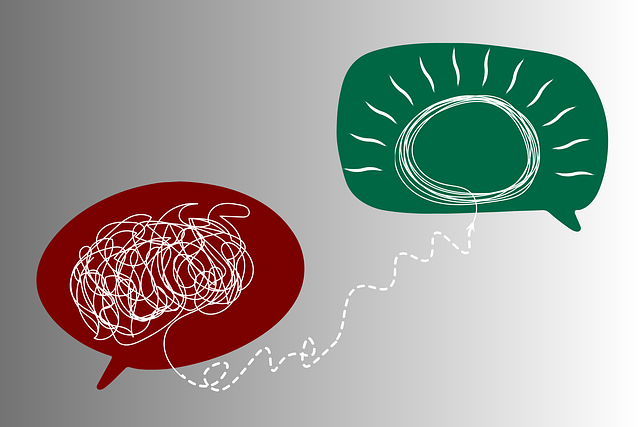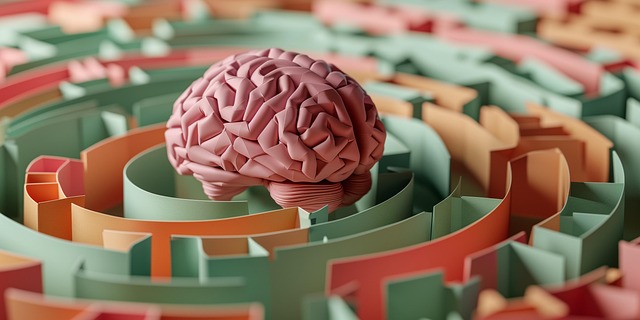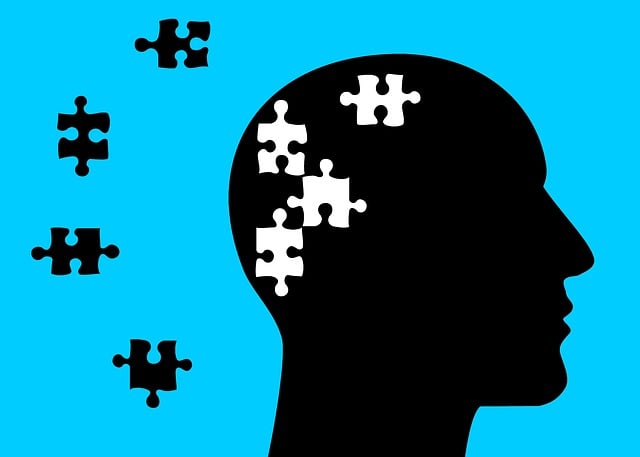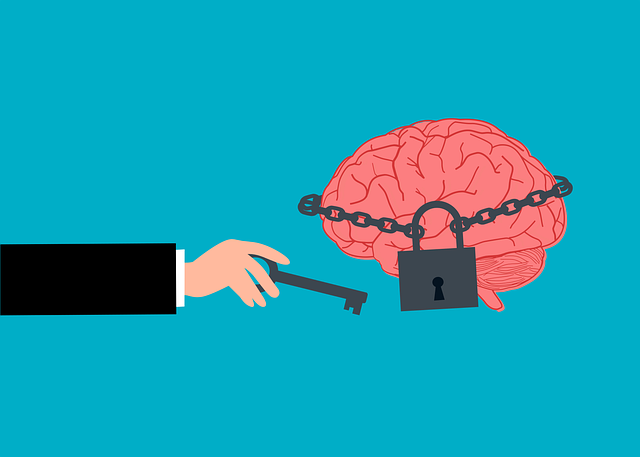Mental wellness involves a holistic approach focusing on emotional, psychological, and social well-being, with self-care as a key component. Introspection and identifying unique needs through Lafayette Adjustment Disorder Therapy are essential for developing personalized self-care routines. These routines can include activities like mindfulness, exercise, journaling, meditation, and deep breathing to enhance emotional balance, reduce stress, and improve mental resilience. Public awareness campaigns highlight the importance of self-care in managing mental health, especially for conditions like Lafayette Adjustment Disorder. Healthcare providers are encouraged to prioritize self-care to better serve their patients. A balanced routine combines structured elements like therapy with flexible practices to support overall well-being.
Mental wellness is paramount in today’s fast-paced world. Cultivating a self-care routine that addresses mind, body, and spirit is essential for managing stress and promoting resilience. This article guides you through developing an effective mental wellness routine, incorporating key elements like Lafayette Adjustment Disorder Therapy techniques to enhance emotional well-being. By understanding your unique needs and integrating practical daily practices, you can build a consistent yet flexible self-care regimen that supports your mental health journey.
- Understanding Mental Wellness and Self-Care
- Identifying Personal Needs and Goals for a Routine
- Integrating Lafayette Adjustment Disorder Therapy Techniques
- Designing Daily Practices for Mind, Body, and Spirit
- Building Consistency and Flexibility into Your Routine
Understanding Mental Wellness and Self-Care

Mental wellness is a holistic concept encompassing our emotional, psychological, and social well-being. It’s about recognizing and valuing our unique minds and bodies, and taking proactive steps to maintain balance. Self-care, an integral part of mental wellness, involves intentional activities that nurture our overall health. This could range from practicing mindfulness and engaging in physical exercise to fostering strong relationships and pursuing hobbies. By integrating self-care into daily routines, individuals can enhance their resilience, improve their coping mechanisms, and ultimately lead more fulfilling lives.
Developing a personalized self-care routine is essential for maintaining mental wellness. This process begins with introspection – understanding one’s unique needs, triggers, and strengths. For instance, someone struggling with Lafayette Adjustment Disorder might find solace in therapy sessions designed to address emotional regulation challenges. Other individuals may focus on self-esteem improvement through affirmations or engage in social skills training to build healthier connections. Mental health education programs design plays a crucial role here, equipping people with the knowledge to recognize and manage their mental health effectively.
Identifying Personal Needs and Goals for a Routine

Developing a mental wellness self-care routine begins with introspection and identifying your unique needs. It’s crucial to take time and reflect on your current state of well-being, recognizing both your strengths and areas that require attention. Lafayette Adjustment Disorder Therapy can offer valuable insights during this process, helping you understand the root causes of stress or anxiety and tailoring your self-care routine accordingly.
Self-awareness exercises, such as journaling or meditation, are powerful tools to uncover personal goals. By setting specific intentions for your mental wellness journey, you can create a structured plan. For instance, improving emotional regulation might involve incorporating conflict resolution techniques into your daily life, fostering healthier relationships and enhancing overall resilience.
Integrating Lafayette Adjustment Disorder Therapy Techniques

Integrating Lafayette Adjustment Disorder Therapy techniques into your self-care routine can be a game-changer for mental wellness. This therapy focuses on helping individuals cope with life’s challenges by promoting emotional balance and adaptive coping skills. By incorporating elements of Lafayette Adjustment Disorder Therapy, such as cognitive restructuring and stress management strategies, you can enhance your ability to navigate difficult situations and maintain a sense of calm.
Public awareness campaigns development around mental health issues has made it easier for people to understand and accept the importance of self-care practices, including mindfulness meditation. Regular mindfulness exercises, combined with Lafayette Adjustment Disorder Therapy techniques, can empower individuals to manage their symptoms effectively. This holistic approach ensures that you not only address the surface-level issues but also work on building mental resilience for long-term well-being.
Designing Daily Practices for Mind, Body, and Spirit

Developing a daily self-care routine is an integral part of maintaining and enhancing mental wellness. This practice involves creating practices that cater to the mind, body, and spirit, ensuring each aspect receives the attention it deserves. For individuals dealing with Lafayette Adjustment Disorder or similar challenges, establishing such routines can be transformative.
Incorporating activities like meditation, deep breathing exercises, yoga, or nature walks can significantly reduce stress levels. These practices encourage mindfulness, helping to calm the mind and promote a sense of peace. Additionally, engaging in physical activity, whether it’s a gentle walk, dance, or a full workout, releases endorphins, boosting mood and energy levels. For healthcare providers at risk of burnout, prioritizing self-care through regular practice can be a powerful coping skill development tool, allowing them to better serve their patients.
Building Consistency and Flexibility into Your Routine

Developing a consistent yet flexible self-care routine is key to maintaining and enhancing your mental wellness. Consistency ensures that you make time for activities that nurture your mind, such as mindfulness practices or regular exercise, creating a sense of normalcy and stability. However, flexibility allows for adaptation when life throws unexpected challenges, ensuring your routine remains supportive rather than restrictive.
Consider incorporating strategies like scheduling dedicated self-care blocks, planning for adaptability, and integrating activities that address various aspects of mental health. For instance, while structured therapy sessions with a Lafayette Adjustment Disorder specialist can provide focused support, flexible practices like journaling or gentle walks can be incorporated into daily life to boost self-esteem and improve overall mental resilience.
Developing a mental wellness self-care routine is a transformative journey that combines understanding your unique needs with integrating effective therapy techniques. By identifying personal goals, incorporating practices for mind, body, and spirit, and building flexibility into your daily life, you can create a balanced and sustainable routine. Lafayette Adjustment Disorder Therapy offers valuable tools to navigate challenges and enhance overall well-being. Embrace consistency as the key to success and remember that your self-care journey is deeply personal—adjust and adapt as needed for a healthier, happier you.








